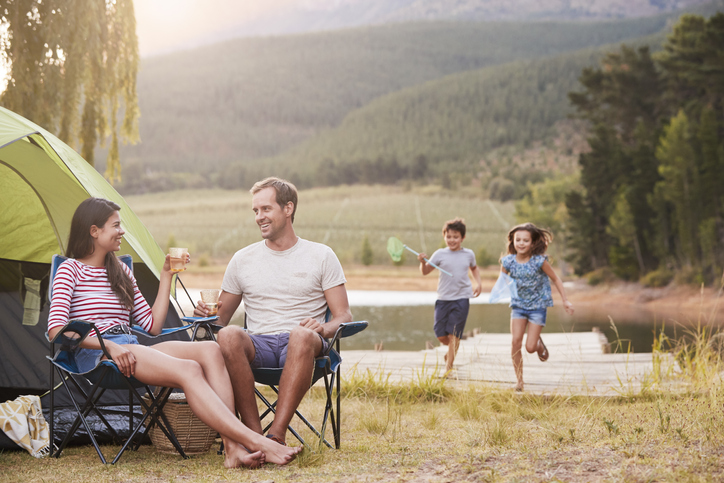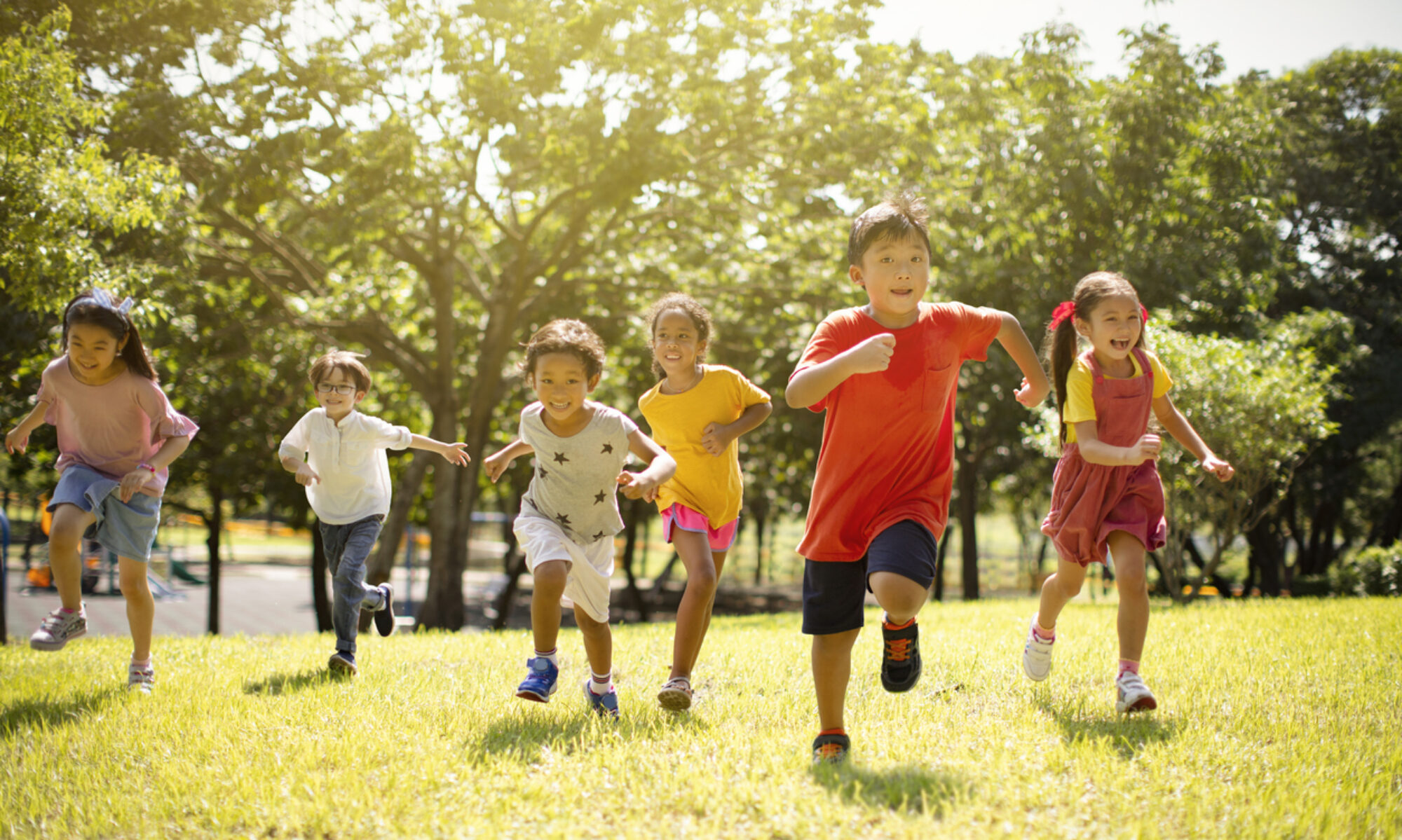Childhood has dramatically changed from a generation or two ago.
Whereas once it was common for children to spend hours playing outdoors; these days they are more likely to be spending their time mostly indoors staring at screens.
There are several problems with this:
- they can become easily bored and don’t know how to amuse themselves;
- they don’t get the chance to practice social skills;
- they don’t get to experience failure;
- and it doesn’t really help build their resilience, which is their ability to withstand adversity and bounce back from difficult situations.

The Benefits of Camping for Kids
But what if there was a fun way to encourage these behaviours? You’d be interested, right?!
Well, taking children camping is an enjoyable and effective way to do just this.
Consider all these benefits:
- Spending time in nature breathing fresh air lowers stress and improves mood.
- Kids are physically active and engaged in their surroundings, enjoying more freedom.
- Teaching survival skills (eg how to light a fire) gives children a sense of empowerment.
- Sharing chores like washing and drying dishes helps them feel they are contributing to the family.
- Builds self-esteem as they learn self-mastery, make mistakes, and learn from them.
- Fosters deeper relationships between family members and friends. Time spent telling stories around a campfire helps people connect on a deeper level.
- Making friends with other children happens naturally.
- The lack of facilities helps kids to appreciate all the comforts of home.
- Life is simpler and slower with more experiences and adventures.
Specifically, camping builds resilience in children by:
- Giving them time to reflect and interact with others.
- Exposing them to unstructured play where success requires resilience.
- Reducing stress as kids experience more down time, allowing them to be themselves
- Helping them explore and create their own fun.
Camping can be hard work for parents though. It requires a lot of forethought, packing and being prepared.
These suggestions can make it easier:
- Involve children in setting up tents. Young kids can clear an area of rocks and sticks or unroll ropes and pegs. Older kids can set up their own tents/swags.
- Set boundaries for kids such as how far they can venture away from the campsite. A set of walky-talkies can be a practical way to stay in touch with older children.
- Teach them camping etiquette, such as walking around other’s campsites and being quiet in the morning so as not to disturb nearby neighbours.
- Talk with them about safety around campfires, especially how long embers can stay hot. Make sure kids wear shoes and walk carefully around campfires.
- Make sure you bring some cards/board games, colouring materials, and books in case of bad weather. Don’t forget a sense of humour!
- Accept kids will get grubbier while camping. Baby wipes and hand sanitiser can be used if hot showers are not available.
- Pack a portaloo if there are no toilet facilities. Digging a hole in the bush is not recommended due to environmental concerns.
- Buy some glow sticks to give children at night
By taking your kids on a camping adventure you can help them to learn skills to overcome adversity, teach them to appreciate the simple things in life and create precious memories.
Now all that’s left to do is convince Mum or Dad that they really don’t need five star luxury!
